Motoko Rich and the Curious Angle
Cast your mind back in time a week or so and remember the New York Times article that came out that claimed that Harry Potter did not affect whether kids read for fun more now then before the series started. You remember this, do you not? A Motoko Rich decided to derail the popular theory that Harry Potter has any kind of a positive effect upon the young ones. The theory was based (as far as I could ascertain) on federal statistics found via the NAEP 2004 Trends in Academic Progress report.
Why am I bringing this up now? Well, about a week ago we were at the height of our Harry Potter preparations. On the day of the party in question I learned that ABC News (local edition) would be present to talk to someone about this very NYT article. So I boned up on my thoughts. Oddly, I couldn’t find anyone on the internet arguing against this theory. And in the end I wasn’t asked anything about it anyway. Consarn it.
ADVERTISEMENT
ADVERTISEMENT
So instead of letting this info go to waste, I will instead dump all over your pretty little heads and let you deal with the consequences.
First things first. The article by Rich (sadly no longer available to view for free online) contained the following statement:
According to the National Assessment of Educational Progress, a series of federal tests administrered every few years to a sample of students in grades 4, 8 and 12, the percentage of kids who said they read for fun almost every day dropped from 43 percent in fourth grade to 19 percent in eighth grade in 1998, the year "Sorcerer’s Stone" was published in the United States. In 2005, when "Harry Potter and the Half-Blood Prince," the sixth book, was published, the results were identical.
Pretty damning stuff, right?
Yeah, maybe not so much.
Here’s the deal. Some searching yielded me the online standards I desired. And sure as shooting it did indeed have a section entitled Reading for Fun that contained the following:
There were no measurable changes between 1984 and 2004 in the percentage of 9-year-olds indicating that they read for fun almost every day. At ages 13 and 17, the percentage saying they read for fun every day was lower in 2004 than in 1984. This trend was accompanied by an increase over the same 20-year-time period in the percentage indicating that they never or hardly ever read for fun.
This is like looking through a Highlights Magazine in the dentist’s office. Can you spot the two things missing from the above statement?
The first, to my mind, is the conspicuous absence of Harry Potter. Of course the NAEP isn’t going to do specific tests on Harry. Rich obviously extrapolated from this study, adding in Harry supposed lack of help. The other thing missing? Numbers. How many kids exactly are reading today as opposed to 1984? We know that the drop off rate stays the same. Sure. Anyone who’s ever met a teenager isn’t going to be too shocked by that. But how many kids in total are reading today for fun as opposed to kids of the past? The study, as I saw it, did not say. I couldn’t find any numbers stating nitty gritty details of this sort, and it chapped my hide. If you’re going to say that Harry doesn’t have an influence, then you need to make it clear that even with the drop off, there are the same number of kids reading for fun now as there were in the past.
In fact, if I wanted to do what Rich did, I could slap Harry’s name all over this report. Let’s look at the Average Scores section. According to this, "Between 1999 and 2004, average reading scores increased at age 9", and under Percentiles, "The reading score of 9-year-olds at the median (50th percentile) as higher in 2004 than the median score in every other year." If I were to take a page out of Rich’s book I could make the claim that Harry was responsible for this. Why not? If, as Rich says, "Sorcerer’s Stone" came out in 1998, then why can’t I claim that reading levels were higher as a result of his presence on our nation’s bookshelves?
I can’t because it would be silly. Just as it was silly for Rich to go slapping Harry’s name over a national report and expect us to buy that Mr. Potter has never made a difference in the reading lives of our children. Obviously it’s not like we should expect Rowling to single-handedly raise our mewling entlings from their anti-literacy state. It’s just a book series. Let’s all take it down a notch without slapping together loose facts.
That’s what I would have told ABC. Now go and poke some holes in this argument of mine and tell me where I’ve erred.
Filed under: Uncategorized
About Betsy Bird
Betsy Bird is currently the Collection Development Manager of the Evanston Public Library system and a former Materials Specialist for New York Public Library. She has served on Newbery, written for Horn Book, and has done other lovely little things that she'd love to tell you about but that she's sure you'd find more interesting to hear of in person. Her opinions are her own and do not reflect those of EPL, SLJ, or any of the other acronyms you might be able to name. Follow her on Twitter: @fuseeight.
ADVERTISEMENT
ADVERTISEMENT
SLJ Blog Network
One Star Review, Guess Who? (#202)
More Geronimo Stilton Graphic Novels Coming from Papercutz | News
Parsing Religion in Public Schools
Take Five: LGBTQIA+ Middle Grade Novels
ADVERTISEMENT



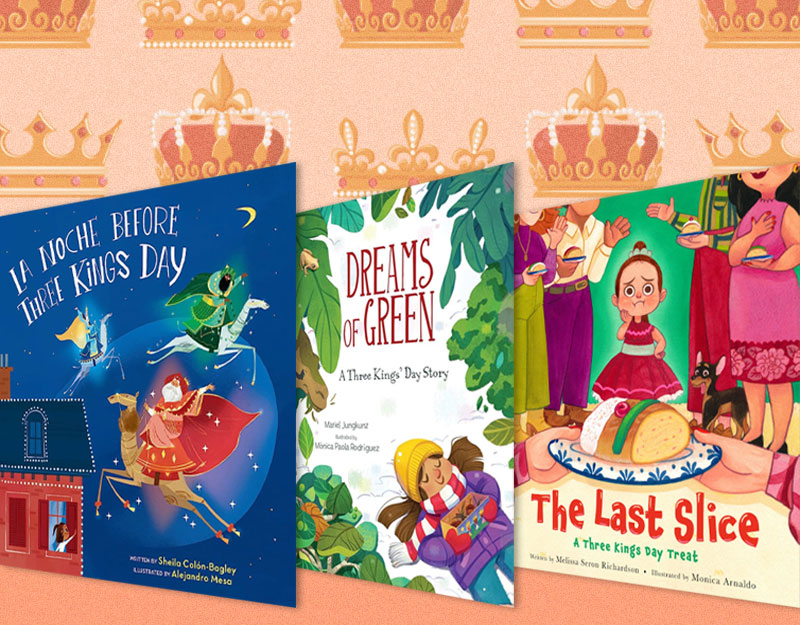
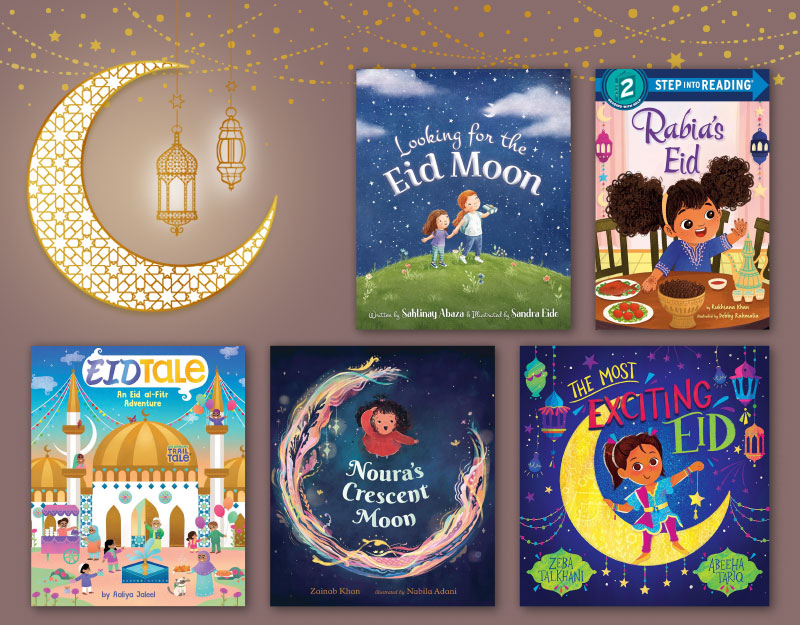
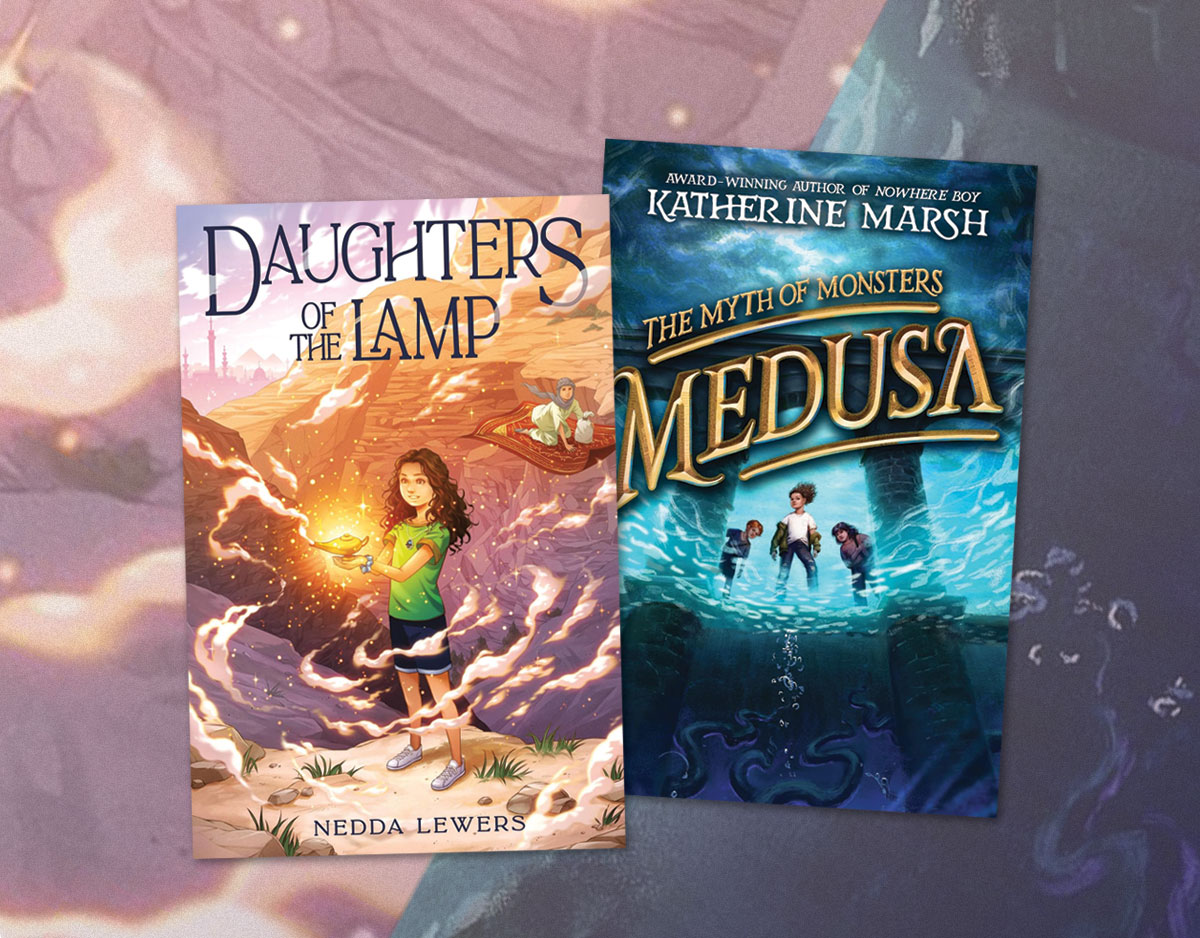
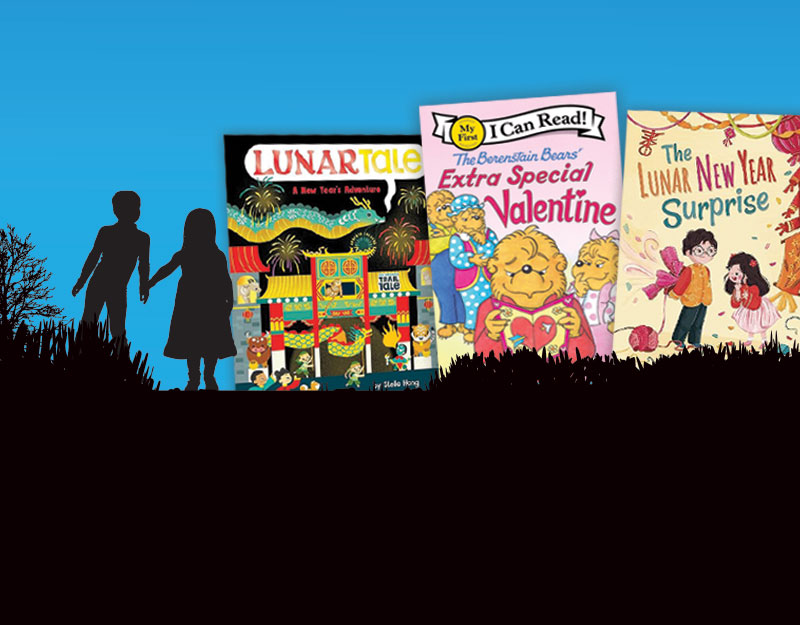
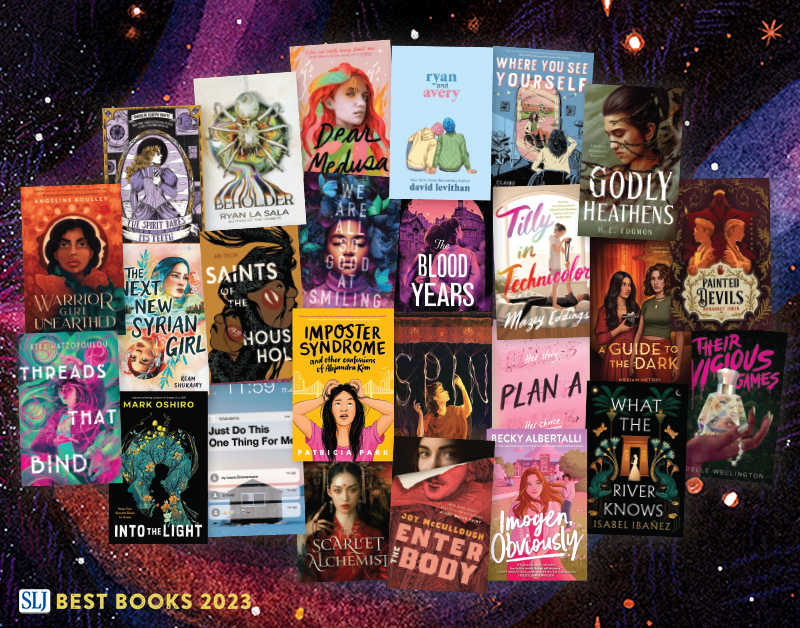
No hole poking here. But I have to say that I’ve always been frustrated by the hyperbolic statements that the HP books turned huge swatches of young people into readers. I just don’t believe any one book is going to do that. (What would turn more kids into life-long readers would be getting rid of the endless tests and scripted curriculum, pouring real books into their classrooms, and giving them loads of time in school to read them and have fun with them, e.g. no Accelerated Reader… but that is indeed a different story.)
I think Moto and other reporters just look for a quick story. And being able to shoot down the current hot thing, Harry Potter, is an attractive target.
In the end, I think it is impossible to quantify life-long readership.
Add me to the voices saying “so what?”. Personally, I love HP; and I love the whole idea of many people reading one book at the same time, and at the library being able to talk to people of all ages about one book.
But, to say one book or one series of books is going to change, overall, the reading habits of a nation? Silly. Especially when there are so many other factors involved.
Statistically, my question would be what are the “reading for fun” numbers and what is the ideal number? Not just in the past few years, but overall. My belief is that we can never have a 100 percent answer because, frankly, some people don’t like reading. And that’s fine. So what would be the ideal number? How do we measure against that?
My issue about “reading for fun” is the people who believe they do not like “reading for fun” because of “us” (the system, librarians, reviewers, teachers, “the man”, whoever.)
Ways in which people are helped into truly believing they do not like reading include: by not respecting reading choices; by limiting “for fun” to certain types of accepted reading (when asked if kids read for fun, did they allow nonfiction, magazines, etc., to count as fun reading?); by insisting on only reading “good” literature (good = classic, etc.); by having a system when reading is not fun (summer reading lists that have required reading that turns off the reader, for example); and early labeling of kids as “readers” or “not readers.”
ARG. I wish I could preview this to make sure I’m communicating what I mean to say. Oh well.
Hm. In which Liz learns not only that you cannot preview a comment, but that all the spaces left to create paragraphs for easier reading disappear. Sorry about that!
Nice post Fuse. And nice comments Liz and Monica. I’d like to add a virtual high five though to Monica’s comment in (). If we have any real interest in showing our kids the idea of reading for fun, how about we put that idea in school. Less testing, less test-based homework and schoolwork, and more time to read.
Yah, what everyone else said. Though I do think–based on my own very limited and unscientific observations–that the kids who already would be reading are willing to read lots of great, big, long, chunky books, and I attribute that in part to Harry Potter.
Hi Motoko, congratulation on the new reads. I was wondering if you’d be interested in doing a book review on “Cameras For Kids”. The book is geared towards children from 7 to 14 and teaches them the basics of digital photography. You can take a peek at Amazon, or by visiting http://www.camerasforkids.info